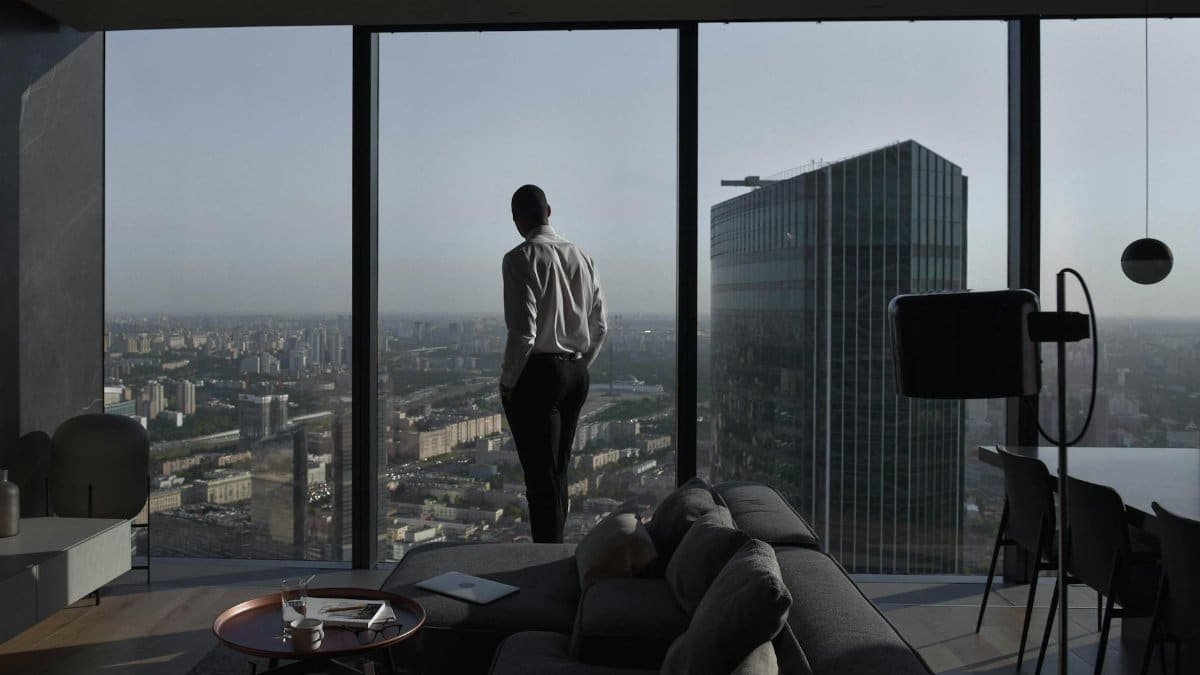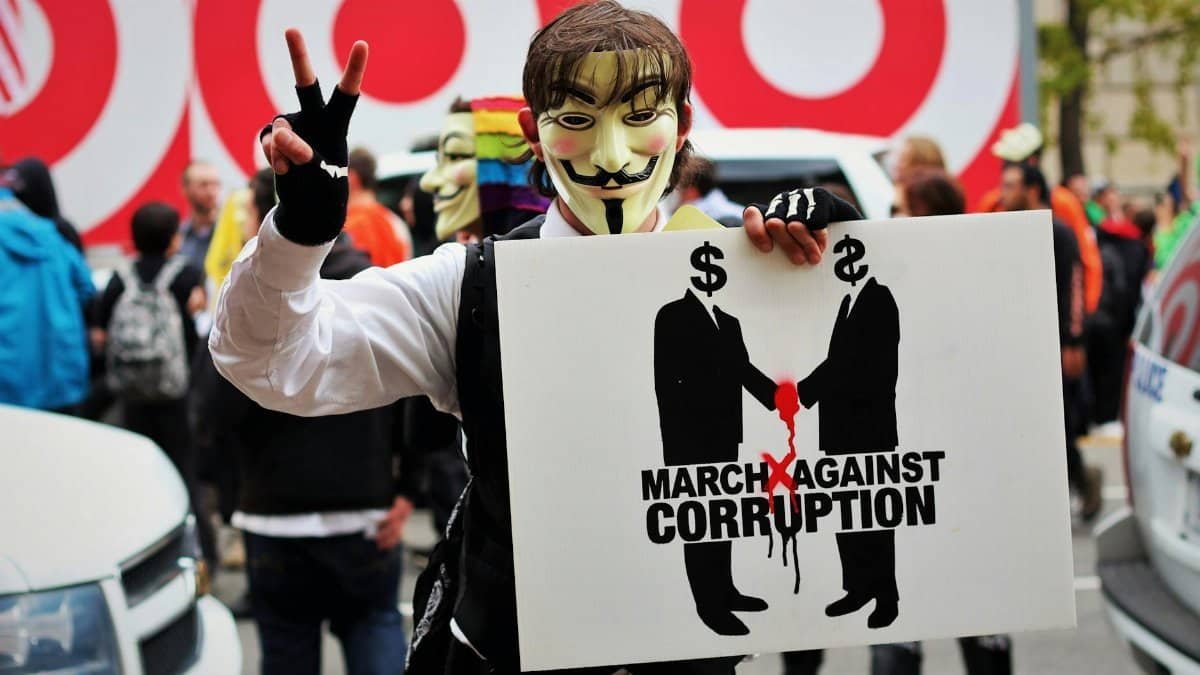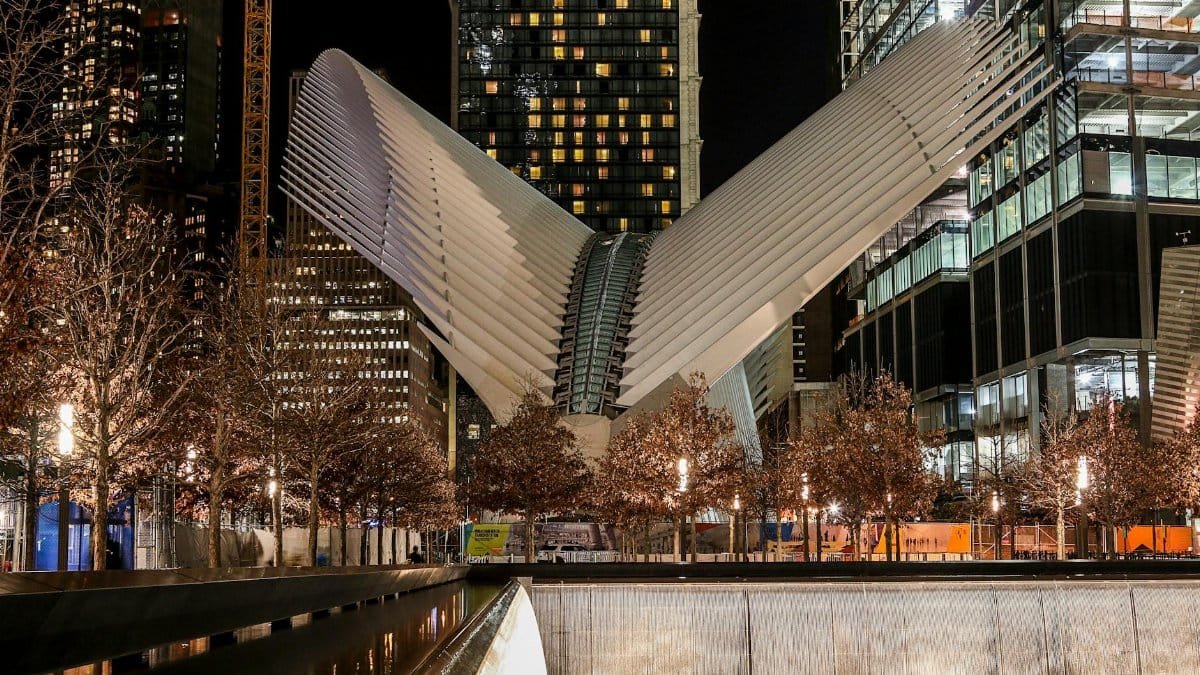Imagine a dimly lit loft in Brooklyn, where a small group of thirty-somethings sits in a circle, voices low but charged with intensity. One shares a lingering fear of failure, another admits to suppressed anger from childhood. This isn’t therapy, though it feels close. It’s a gathering centered on shadow work millennials—urban young adults confronting their hidden emotional baggage as a collective. Across U.S. cities, these informal circles are gaining traction, offering a space for introspection that’s raw, communal, and strikingly different from the polished self-help trends of yesteryear. What drives this movement? For many, it’s a hunger for authenticity in a world of curated social feeds and relentless productivity. As mental health conversations evolve in 2025, shadow work is becoming a quiet rebellion against surface-level fixes, pulling millennials toward deeper self-understanding through shared vulnerability.
Unpacking Shadow Work in the Millennial Context

Shadow work, a term rooted in Jungian psychology, refers to exploring the unconscious parts of oneself—those buried fears, shame, or repressed desires we often ignore. For millennials, born between 1981 and 1996, this practice resonates amid a backdrop of economic uncertainty, social media pressure, and inherited societal expectations. Many in their 30s and early 40s are questioning not just who they are, but why they carry certain emotional weights. Urban settings, with their fast pace and dense networks, amplify this need for introspection. A 2017 American Psychological Association report noted that millennials report higher stress levels than other generations, often tied to financial and career instability. Shadow work offers a framework to confront these internal struggles, not in isolation, but with peers who get it.
Unlike traditional therapy, often a solitary or clinical journey, shadow work among millennials frequently unfolds in group settings. These circles aren’t led by licensed professionals but by facilitators or even peers, creating a grassroots vibe. The appeal lies in the shared experience—seeing your own doubts reflected in someone else’s story. It’s messy, unpolished, and sometimes uncomfortable, but that’s the point. For many, it’s a counterweight to the performative optimism of online spaces.
The Urban Pull: Why Cities Are the Epicenter

Cities like New York, Los Angeles, and Chicago are hotbeds for shadow work millennials. High rents, competitive job markets, and a constant buzz of comparison fuel a unique kind of existential angst. A young graphic designer in San Francisco might grapple with imposter syndrome while juggling freelance gigs. A tech worker in Seattle could harbor resentment over sacrificing personal dreams for corporate stability. These aren’t just individual woes—they’re shared urban narratives. According to a Pew Research Center analysis, urban millennials face disproportionate housing and wage challenges, often delaying traditional milestones like homeownership. Shadow work circles become a space to process these collective pressures.
Then there’s the connectivity factor. Urban environments make it easier to find like-minded folks through meetups, social apps, or even word-of-mouth. A loft, a coffee shop basement, or a borrowed studio can transform into a confessional hub on any given evening. One participant in a Chicago group described it as “a pressure valve—just hearing others name the same fears I’ve buried makes them less heavy.” This communal release is a lifeline in spaces where isolation can creep in despite the crowds.
A Rebellion Against Digital Perfection

Scroll through Instagram or TikTok, and you’re bombarded with polished lives—travel vlogs, minimalist apartments, effortless wellness routines. For many millennials, this digital facade clashes with internal struggles they can’t post about. Shadow work offers an antidote, a chance to strip away the filter and face what’s real. It’s not uncommon for circle participants to confess envies or insecurities tied directly to social media. A National Institutes of Health study highlights how social media can exacerbate feelings of inadequacy, particularly among younger adults. Shadow work flips the script, prioritizing raw honesty over curated content.
These gatherings often ban phones or set strict no-recording rules to protect vulnerability. The focus shifts to presence—eye contact, shaky voices, unscripted reactions. It’s a stark contrast to the performative nature of online interaction. For urban millennials, who’ve grown up with one foot in the digital world, this return to analog connection feels radical, almost subversive.
Challenges in the Circle: Not All Smooth Sailing

Shadow work isn’t a magic fix, and its unstructured nature can be a double-edged sword. Without trained facilitators, discussions sometimes veer into emotional overwhelm. One anonymous account shared online recalled a session where a participant’s trauma disclosure left the group rattled, unsure how to respond. There’s also the risk of groupthink—echo chambers where certain feelings are validated without critical reflection. Experts caution that while peer support is valuable, it can’t replace professional mental health care when deeper issues surface. A MentalHealth.gov resource underscores the importance of recognizing when therapy or counseling is needed beyond peer groups.
Accessibility poses another hurdle. While urban circles are often informal and low-cost, they aren’t always inclusive. Participants tend to skew toward those already comfortable with emotional openness, often leaving out cultural or socioeconomic groups less accustomed to such practices. Some cities are seeing efforts to bridge this gap through community centers, but the movement still has blind spots to address.
The Ripple Effect on Relationships

Beyond personal growth, shadow work millennials are finding that these circles reshape how they connect with others. Unpacking buried emotions often leads to tougher but more honest conversations with partners, friends, or family. A 34-year-old in Los Angeles shared how a session helped her articulate long-held resentment toward a sibling, paving the way for a candid talk they’d avoided for years. This isn’t just about venting—it’s about learning to name feelings without blame, a skill that spills over into everyday life.
Yet, there’s tension here too. Not everyone in a millennial’s orbit is ready for this level of emotional transparency. Some report pushback from loved ones who find the focus on “shadows” unsettling or overly intense. Balancing personal breakthroughs with relational dynamics becomes a tightrope walk, one that requires patience and clear boundaries. Still, for many, the authenticity gained outweighs the friction.
What’s Fueling the Rise—and What’s Next?

Why now? The surge of shadow work among urban millennials ties into broader 2025 trends: a growing distrust of quick-fix solutions and a cultural shift toward mental health literacy. After years of hustle culture and burnout, many are craving depth over distraction. The pandemic’s lingering effects—isolation, career pivots, existential questions—also play a role, pushing this generation to seek meaning in unconventional ways. Group-based shadow work fits the bill, blending introspection with community.
Looking ahead, expect these circles to evolve. Some are integrating art, writing prompts, or even movement to explore emotions beyond talk. Others are experimenting with hybrid formats, blending in-person meetups with virtual check-ins for broader reach. There’s also a slow push for more structure—trained facilitators or partnerships with mental health advocates could help address current gaps. Whatever form it takes, shadow work millennials signal a hunger for connection that’s unscripted and real. In a world that often feels fragmented, that’s no small thing.
